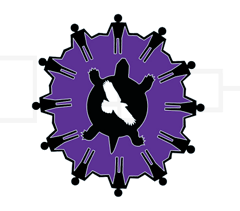Abstract
Traditional cultural camps are distinctive and transformative spaces where Indigenous and Western knowledge systems intersect and exchange. These camps represent experiential programs deeply rooted in Indigenous land-based practices, emphasizing traditional teachings, skills, and connections to community learning and cultural preservation. As crucial grounds for fostering mutual understanding, intercultural dialogue, and revitalizing Indigenous cultures, these camps bring together Indigenous land-based knowledge and practices, community members, and Western researchers. In this collaborative setting, ancestral knowledge, cultural practices, and wisdom are transmitted from one generation to another. Integrating Indigenous and Western knowledge systems within these camps opens avenues for bridging gaps, dispelling stereotypes, and building respectful partnerships grounded in reciprocity and trust. This collaborative process transforms traditional cultural camps into powerful catalysts for cultural pride, community resilience, and the co-creation of knowledge, contributing to broader decolonization and cultural revitalization goals. Following our decolonial learning conversation, we, an Indigenous woman land-based educator and a racialized academic scholar, delve into the transformative potential and synergies achieved by integrating Indigenous and Western knowledge systems within the context of traditional cultural camps.
Recommended Citation
Starlight, Teena and Datta, Ranjan
(2024)
"Braiding Indigenous and Western Knowledge through Traditional Cultural Camps: Decolonial Learning Conversation between Indigenous Land-based and Settler-of-Color Scholars,"
Journal of Indigenous Research: Vol. 12:
Iss.
2024, Article 1.
Available at:
https://digitalcommons.usu.edu/kicjir/vol12/iss2024/1

